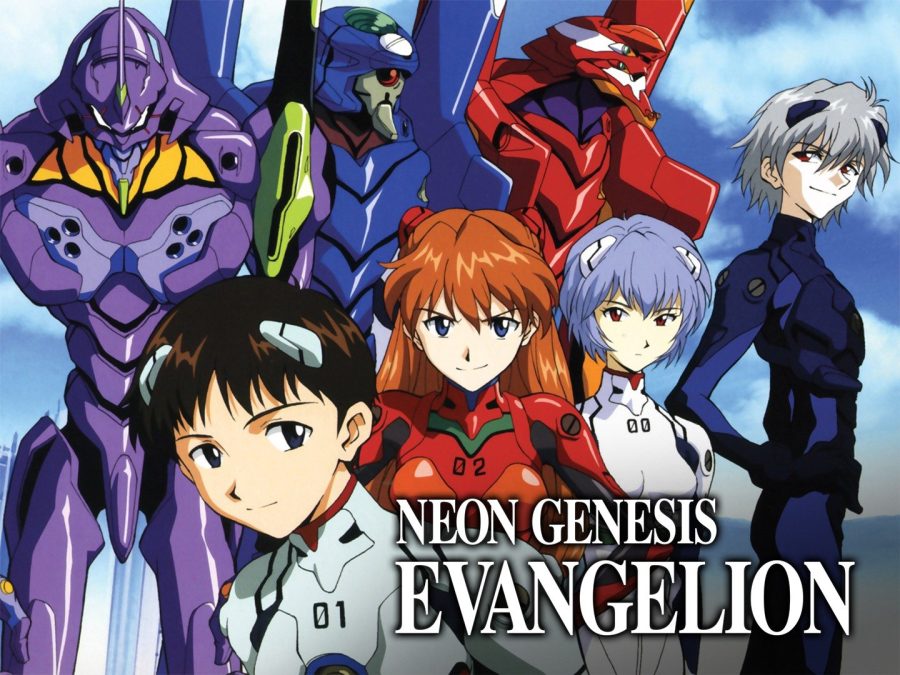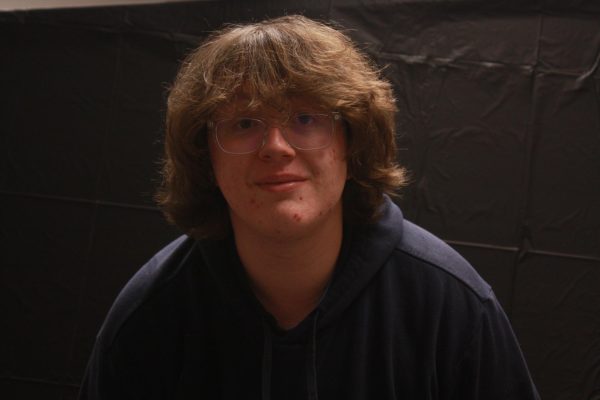`Neon Genesis’ anime series was a trailblazer in addressing mental health
Neon Genesis Evangelion was among the first shows to discuss mental health.
June 8, 2023
Neon Genesis Evangelion originally aired in 1997, but its themes and ideas may be even more relevant now.
Neon Genesis Evangelion is a Japanese mecha anime TV series that goes significantly deeper than a big robot fighting a giant monster. Besides the high-quality fight scenes, Evangelion focuses on the mental health of the characters within the show.
The conclusion of the series focuses entirely on the protagonist, Shinji, and his self-hatred. The series addresses how self-loathing can manipulate one’s sense of self and reality, as Shinji begins to think that everyone hates him.
Shinji accepts his mental health issues but decides to better himself. Shinji also struggles with issues in his relationship with his father and dealing with the death of his mother, which happens before the series starts.
The themes of Evangelion help make the show revolutionary not just in its genre but in media in general. The complex messages and themes presented in the infamous final two episodes of the series are philosophical and beautiful. They extend far beyond the fictional confines they are presented in, commenting on existence, the human condition, and how each person perceives reality.
A message in the show that is important to remember is that no matter what you might think, everyone around you does not hate you. Even if it seems like it is true, if everyone really hated someone, they would not be around that person.
Shinji learns to accept that the people around him really do care about him, even if the voice in the back of his head claims otherwise.
Mental health is brought up frequently these days, but in 1997, it was a taboo subject. This is part of why Neon Genesis Evangelion is so vital in the conversation about mental health: For some, it started here.
Shinji is not the only character within the show who has struggles. Other Eva pilots, such as Asuka and Rei, suffer from abandonment, inferiority complexes, emotional detachment, and questioning human existence. Rei also questions creation and whether she is real.
Seeing children go through intense moments such as dangerous combat with flying monsters and then the aftermath of those traumatic events can be seriously disturbing, and Evangelion does not hold back.
Neon Genesis Evangelion serves as a tragic deconstruction of the mecha anime genre and a dark exploration of the human mind.



